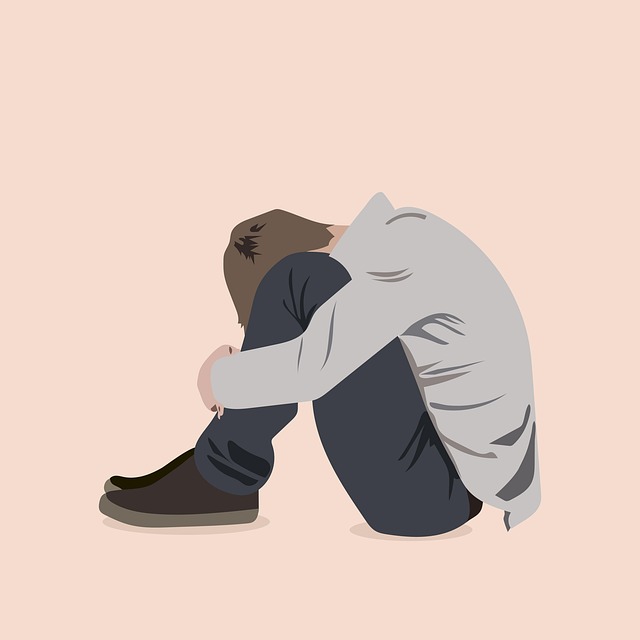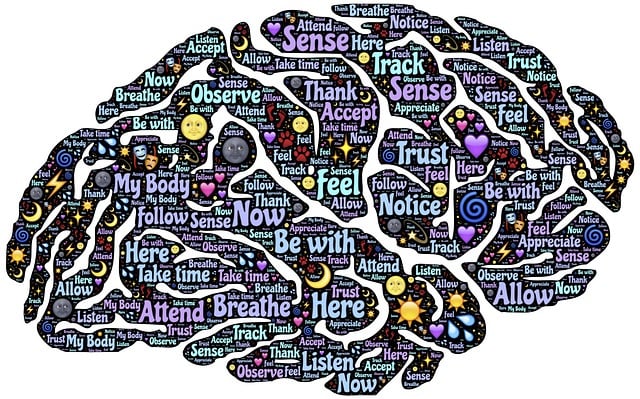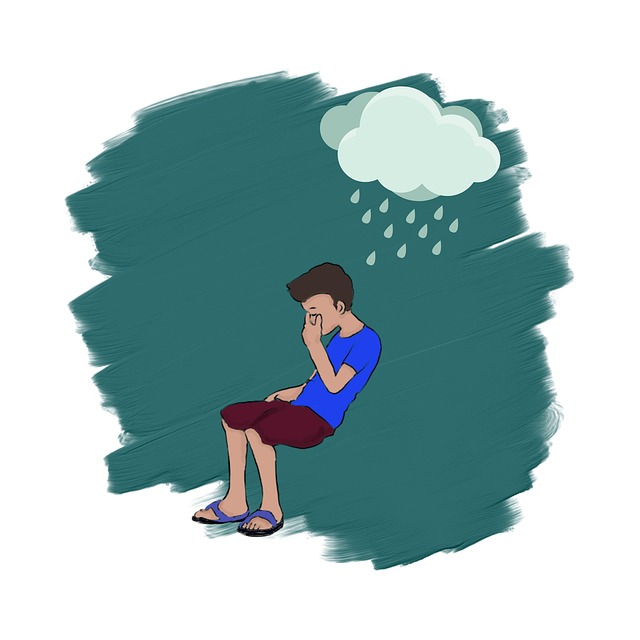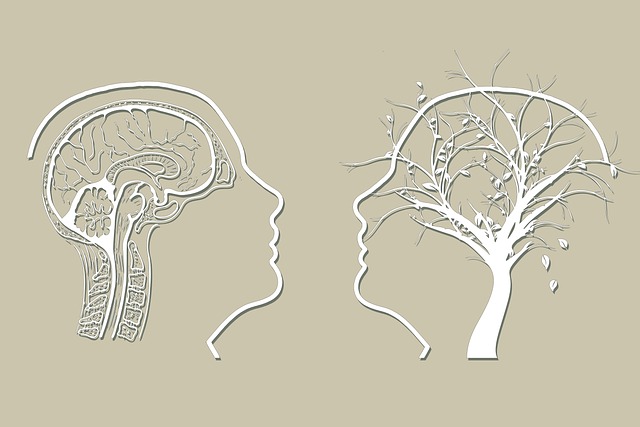Mental wellness journaling offers a safe, private space for adults who have experienced sexual abuse to process complex emotions, complementing traditional CBT-based therapy. By documenting thoughts and feelings, survivors gain insights into trauma responses, untangle psychological effects, and foster self-compassion – crucial steps in healing. Healthcare providers can enhance Cultural Competency Training by incorporating journaling exercises into treatment plans, enabling more effective emotional healing for this population. Consistent journaling empowers rewrite of narratives, fostering empowerment and mental wellness within the therapy journey for adults sexual abuse survivors.
Mental wellness journaling is a powerful tool for adults who have experienced sexual abuse, offering a safe space for expression and healing. This article guides survivors through understanding the benefits of journaling as therapy, creating a nurturing environment, and exploring effective techniques to process trauma. By providing prompts tailored to their unique needs, journaling can become an accessible and transformative practice, fostering resilience and promoting mental wellness for those who have endured sexual abuse.
- Understanding Mental Wellness Journaling for Adult Sexual Abuse Survivors
- Creating a Safe and Supportive Journaling Space
- Effective Techniques and Prompts for Healing Through Journaling
Understanding Mental Wellness Journaling for Adult Sexual Abuse Survivors

Mental wellness journaling can be a powerful tool for adults who have experienced sexual abuse, offering a safe and private space to process complex emotions. For survivors navigating therapy for adults sexual abuse survivor experiences, this practice provides an outlet for self-reflection and emotional healing processes. By documenting thoughts and feelings, individuals can gain insights into their trauma responses and begin to untangle the intricate web of psychological effects that may manifest as burnout or other mental health challenges.
Journaling allows survivors to explore and express their experiences in a non-threatening manner, fostering a sense of empowerment and self-care. This practice complements traditional therapy approaches, such as cognitive behavioral therapy (CBT), by providing continuous emotional support outside of clinical sessions. Moreover, for healthcare providers involved in Burnout Prevention Strategies for Healthcare Providers, incorporating journaling exercises into treatment plans for these survivors can enhance Cultural Competency Training by demonstrating an understanding of the unique needs and resilience of this demographic, ultimately contributing to more effective Emotional Healing Processes.
Creating a Safe and Supportive Journaling Space

Creating a safe and supportive journaling space is an act of self-care for any individual, but it holds particular importance for adults who have experienced sexual abuse. This practice can serve as a powerful tool in their therapy journey. A quiet, private area free from distractions offers a sense of sanctuary where they can confront and process traumatic memories with guidance from a mental health professional. By fostering an environment that encourages vulnerability, individuals can begin to cultivate compassion towards themselves, which is a key aspect of trauma healing and mental health awareness.
This space allows for the expression of emotions without judgment, enabling adults recovering from sexual abuse to explore their feelings and gain clarity on their experiences. Incorporating practices like mindfulness or compassion cultivation can enhance anxiety relief and promote positive mental health. Through consistent journaling, survivors can begin to rewrite their narratives, fostering a sense of empowerment and self-possession.
Effective Techniques and Prompts for Healing Through Journaling

Journaling offers a powerful therapy for adults who have experienced sexual abuse, serving as a safe space to process trauma and cultivate mental wellness. Effective techniques involve writing freely about emotions, using prompts like “Describe a time when you felt safe” or “Explore any recurring thoughts or nightmares.” This uninhibited expression helps in emotional regulation, allowing survivors to identify and release repressed feelings.
Crisis intervention guidance can be integrated through journaling exercises that encourage reflection on personal strengths and coping mechanisms. Prompts such as “What are three things I am proud of accomplishing recently?” or “How have I shown resilience in the past?” assist individuals in focusing on their capabilities, fostering a sense of empowerment and self-care. These practices contribute to crisis prevention by promoting mental wellness and building adaptive responses to distressing memories or triggers.
Mental wellness journaling offers a powerful tool for therapy among adults who have experienced sexual abuse, providing a safe space for expression and healing. By creating an environment free from judgment and utilizing effective techniques, survivors can navigate their traumas and foster resilience through this therapeutic practice. Embracing journaling as a form of self-care empowers individuals to take charge of their mental wellness journey, encouraging reflection, processing emotions, and ultimately, personal growth.













